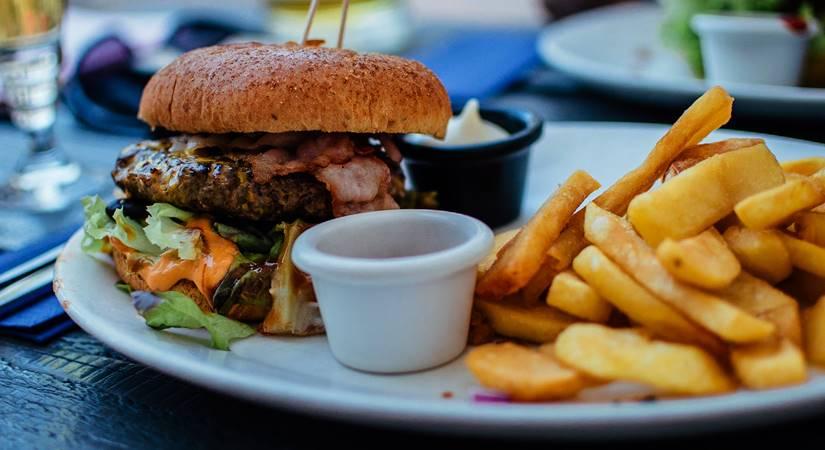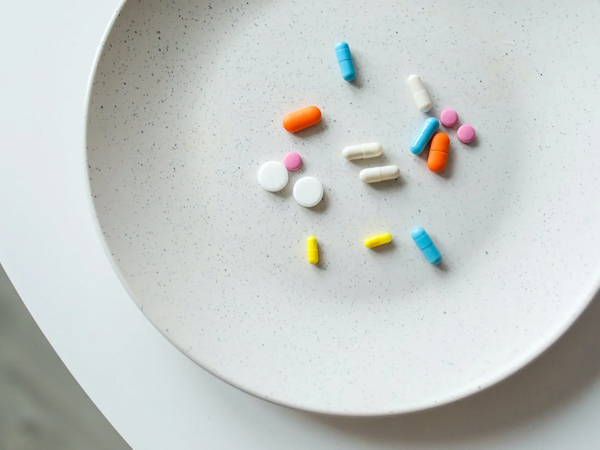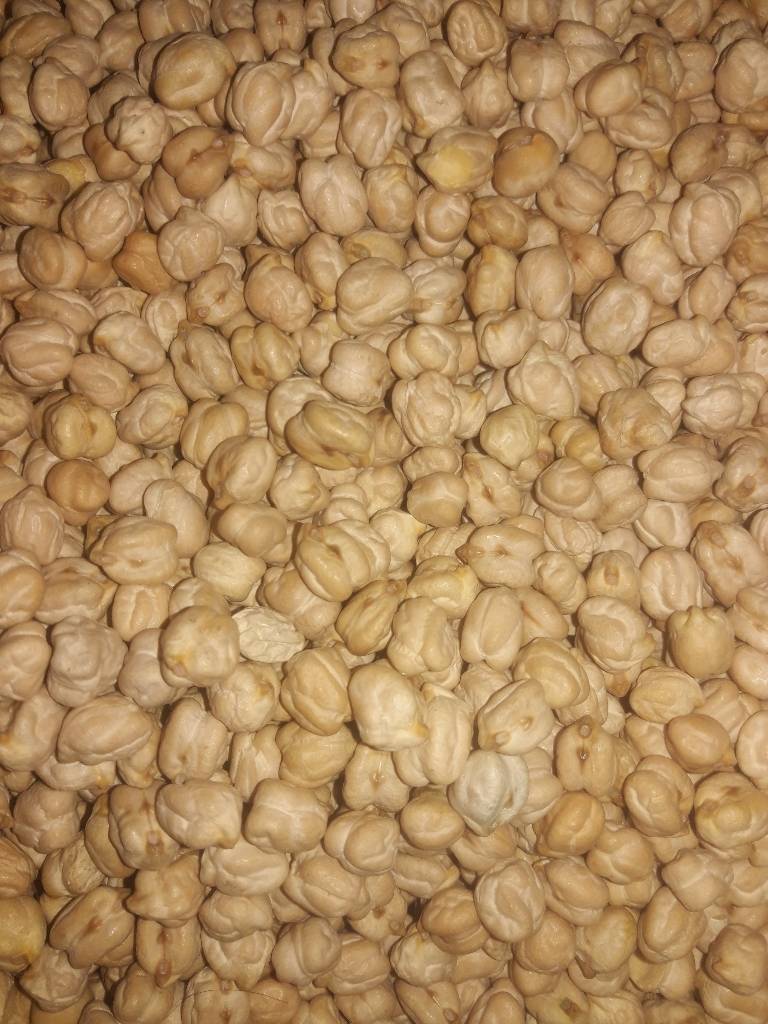Women often find themselves bombarded with myths and misinformation surrounding infertility and food, leading to unnecessary panic and stress…writes Dr. Ankita Kaushal
Infertility is a complex and misunderstood issue that affects millions of couples worldwide. It goes beyond the inability to conceive a child; it can be emotionally traumatic and socially isolating.
Beyond physical limitations, infertility can take a toll on mental health, causing stress, anxiety, and depression. Factors such as age, lifestyle choices, and underlying health conditions can significantly impact fertility for both men and women.
Women often find themselves bombarded with myths and misinformation surrounding infertility and food, leading to unnecessary panic and stress.
One common myth is that eating certain foods can either prevent or cause infertility. This has led to a frantic obsession with fertility diets, with women feeling pressured to adhere to specific eating patterns in hopes of increasing their chances of conceiving. By dispelling these myths and focusing on holistic approaches to reproductive health, women can alleviate unnecessary anxiety about their dietary choices and potential fertility issues.
Myth #1: Eating the core of a pineapple is believed to assist with implantation
Fact: Some claim eating the core of a pineapple right after ovulation can aid in implantation. Pineapple cores contain bromelain, a set of enzymes that acts as a blood thinner and has been found to possess anti-inflammatory properties. Nonetheless, there is no concrete evidence from studies to prove that the bromelain in pineapple cores helps with implantation. Also, having fresh pineapple in your diet, rich in Vitamin C and B6 can be a beneficial way to include healthy fruit in your meals.
Myth #2: If the couple wants twins, they should eat yam
Fact: Yam consumption is believed to play a role due to its natural hormone phytoestrogen, which may stimulate multiple ovulation. However, the high twinning rate is influenced by various factors, not just yams. Eating only yams may not boost fertility. Better to consult an expert instead of believing rumors.
Myth #3: Opting for pomegranates can improve one’s fertility
Fact: Pomegranates are believed to have positive effects on the fertility of both men and women. Due to their high antioxidant content, it is suggested that consuming pomegranates, which have long been associated with fertility, can enhance blood circulation to the uterus and thicken the uterine lining. However, further research is required to fully comprehend how antioxidants influence fertility.
ALSO READ-UK Pavilion Shines at IKBF ’24: A Cultural and Literary Odyssey







